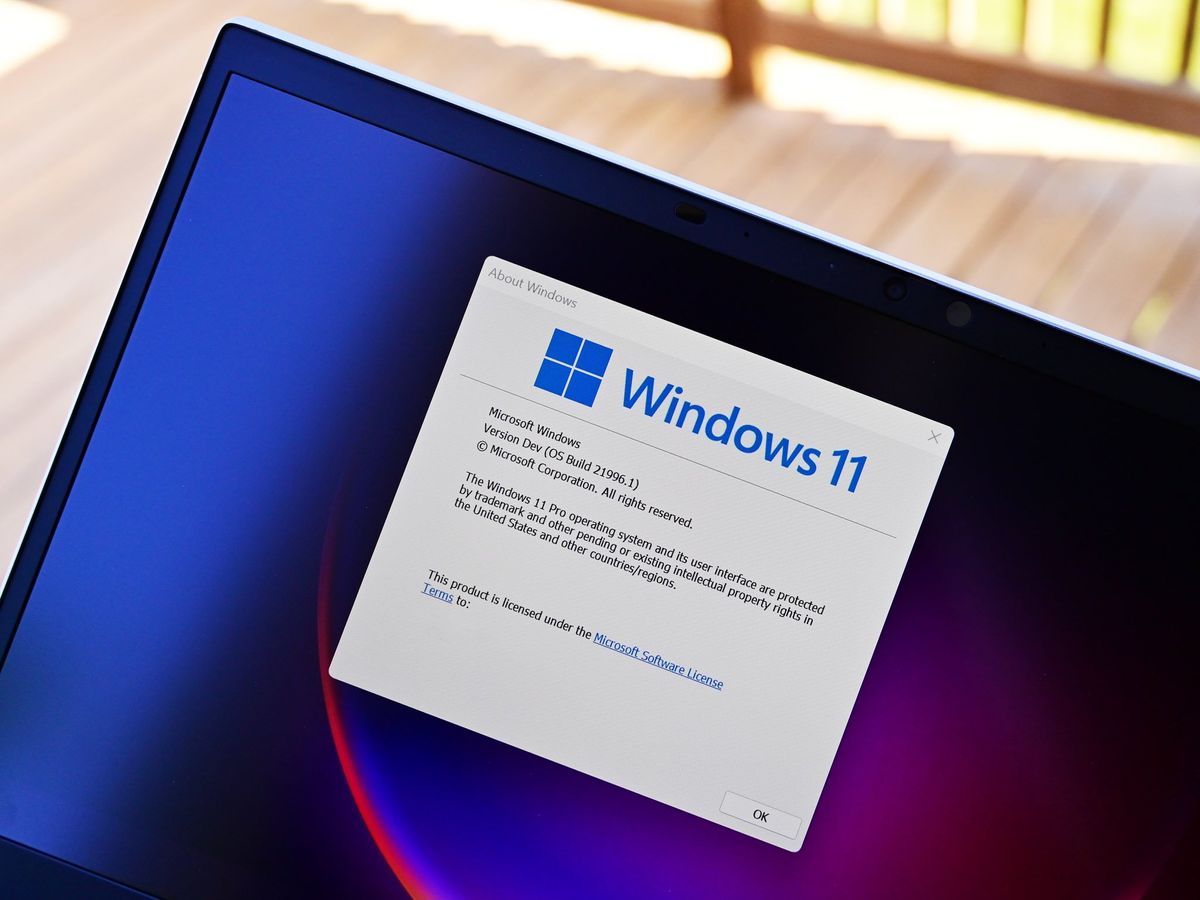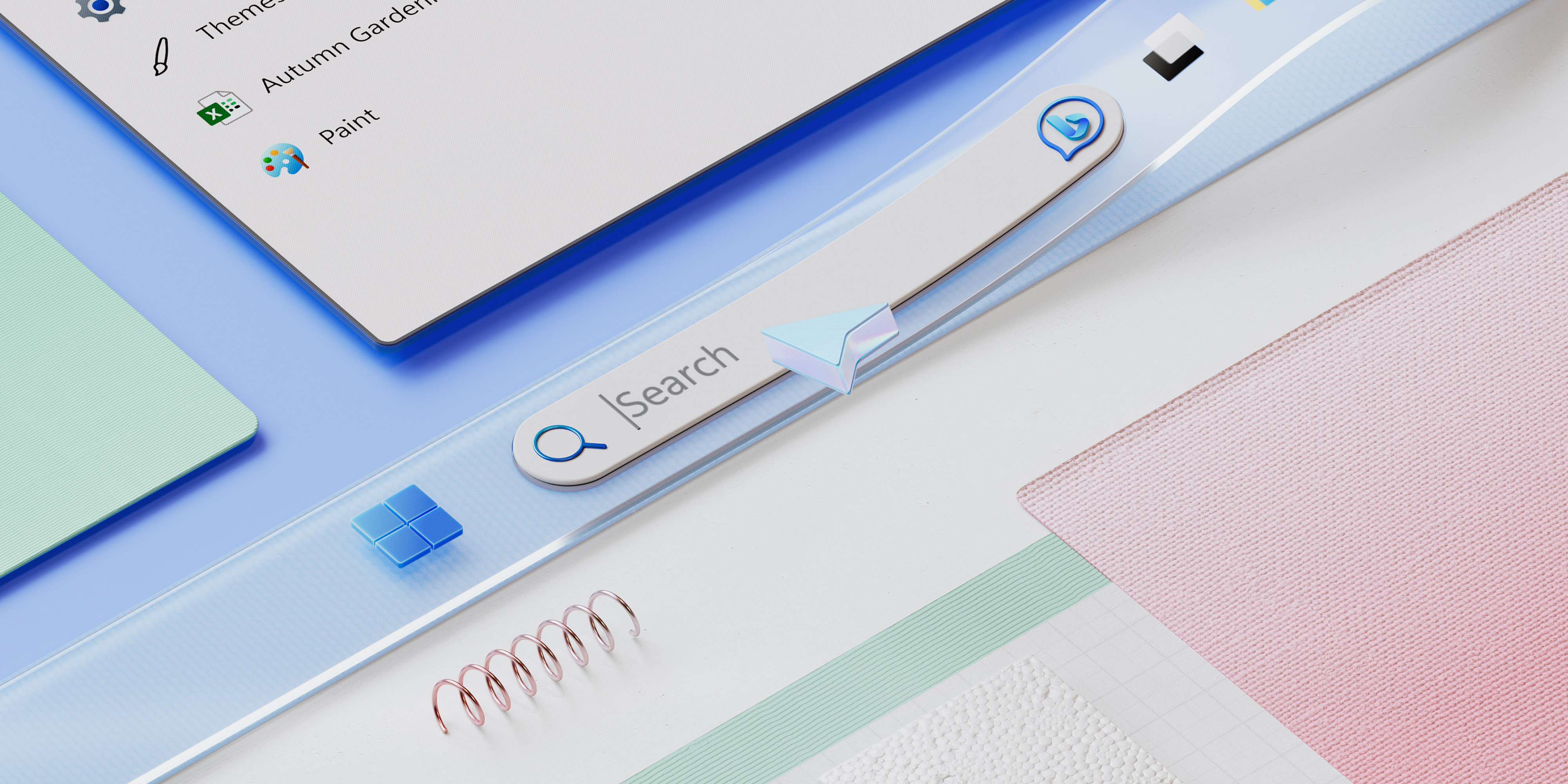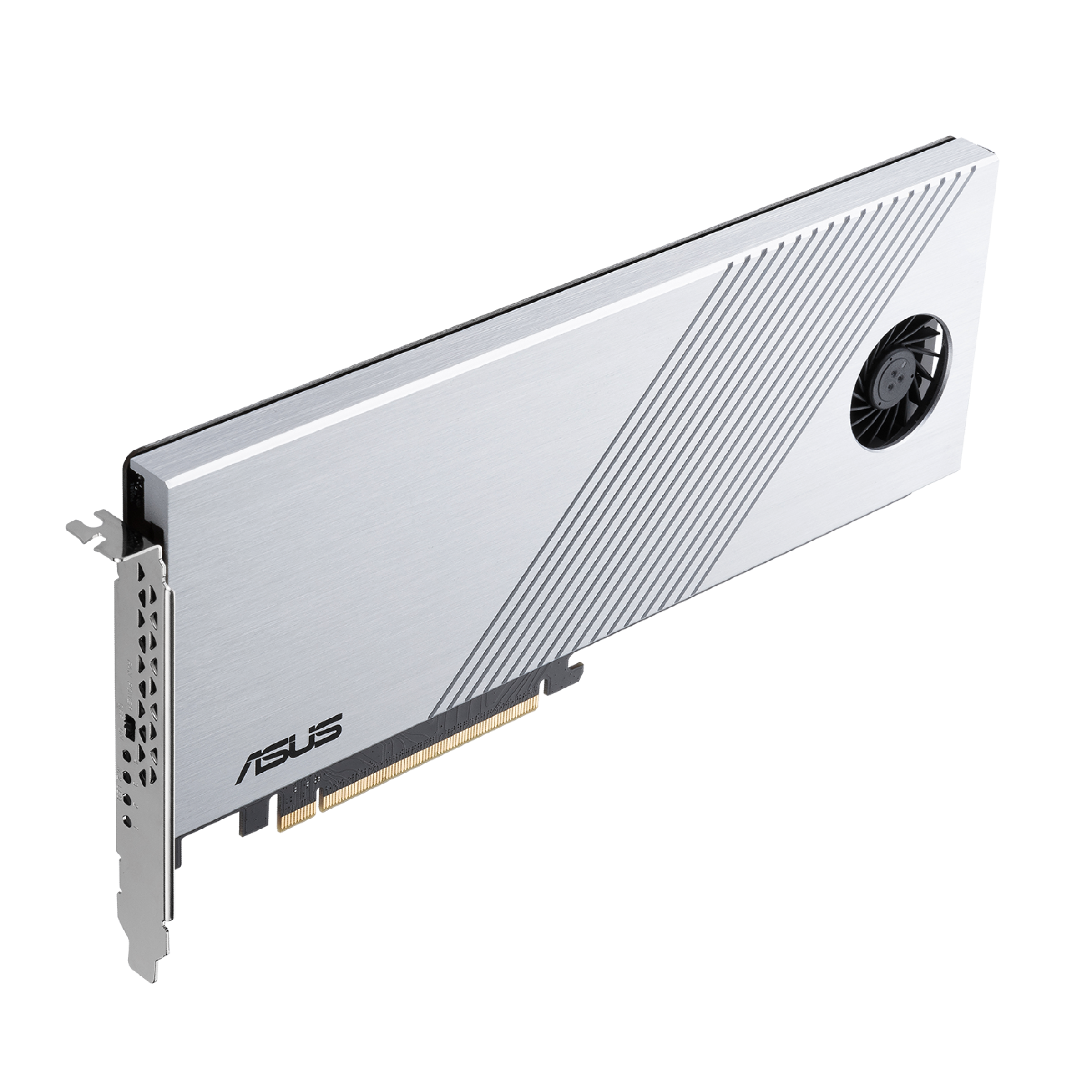We still have PCs which need to use (gulp) Win98 (I originally thought Win95... but I can't recall for sure) for that precise reason, the programs that we use either simply do not exist for more modern systems or are too costly to warrant the upgrade.The main problem I believe is that many organisations/businesses based their systems around bespoke software that was written a couple of decades ago for XP and which may not run well, or at all, on Windows 10. The solution I believe is to plan to migrate to standardised interoperable applications that will be upgraded by the vendor as the OS changes.
I fully appreciate that this is a non-trivial task and will involve extensive retraining and possibly reworking of procedures and processes, but natural resistance to change is not a reason to delay, neither is the "why change if it's working" mantra. Operating systems will always evolve and the rate of change is speeding up, so it's essential that organisations base their business on software which will be supported by the vendor across operating system changes. The days of bespoke systems are dead - actually they were dead about 15 years ago but nobody wanted to admit it.
But for the most part, we use Win10, took us a while to changeover, but we did it eventually





